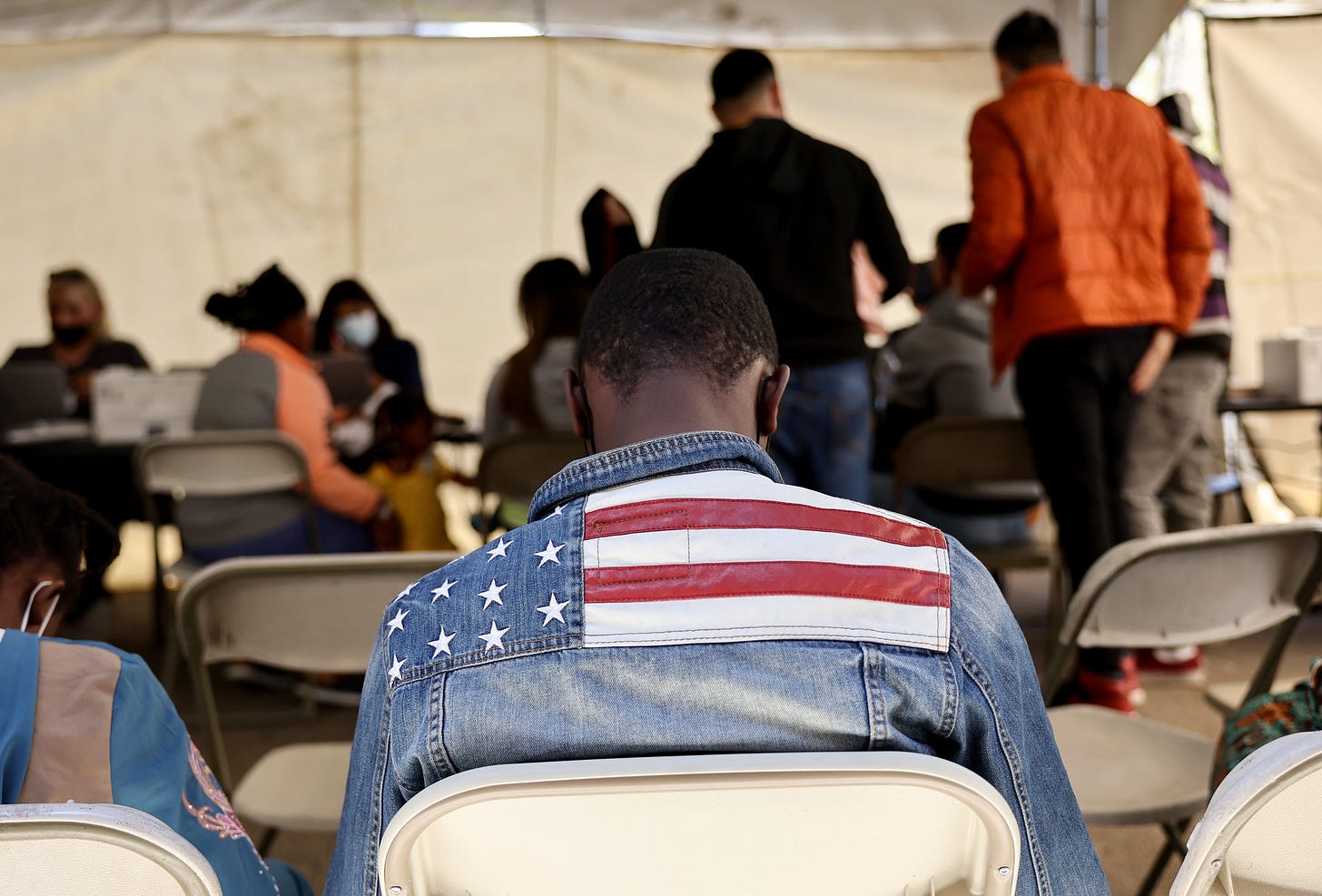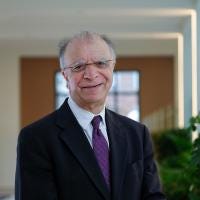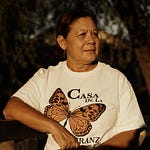
Muzzafar Chishti, a lawyer, is a senior fellow at the nonpartisan Migration Policy Institute (MPI) and director of MPI’s office at New York University School of Law. He specializes in immigration policy and has spent years researching and writing about the United States’ outdated asylum system, which he says is “built on a 1952 architecture.”
Chishti discusses how the system could be meaningfully changed, including how Congress could make it both more humane and responsive to the country’s needs.
The United States, he says, is facing two fundamental crises when it comes to migration. The first is that the workforce is aging, which means we need to bring in younger workers, which will have the added benefit of keeping social security alive. The second crisis is that, globally, many people see the asylum system as the only way to enter the United States. “It’s become this default mechanism,” he says. “Not only for people to enter the United States but also for our labor market.”
“Asylum is the defining nature of our country. People came here seeking refuge,” he says. “We are in danger of losing it if we don’t correct it.”














Share this post